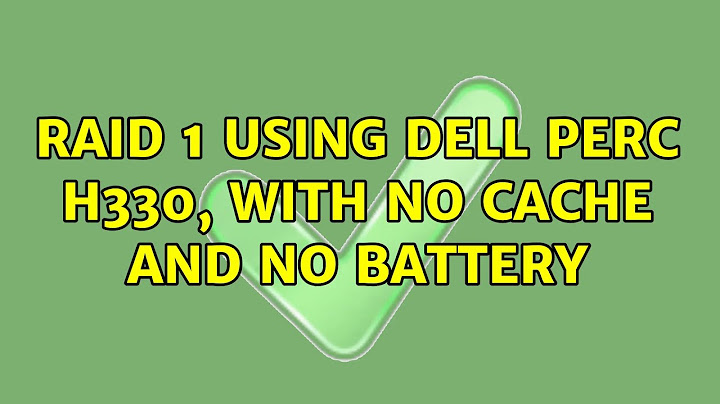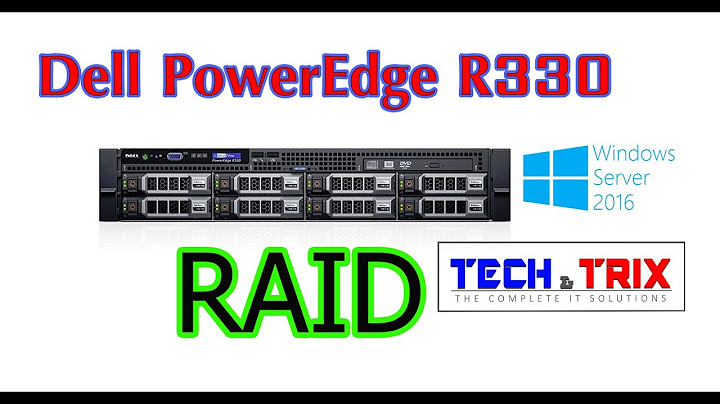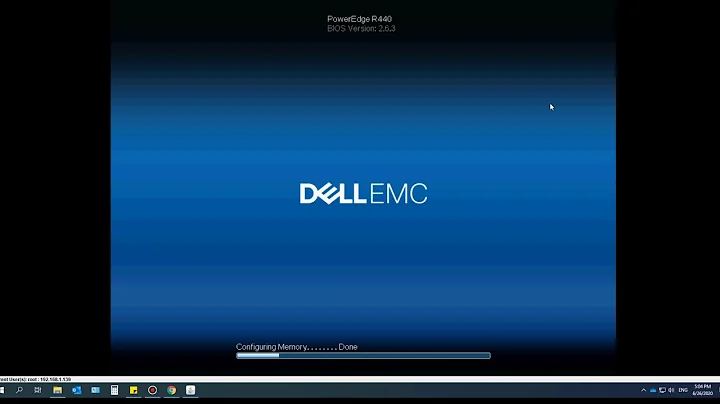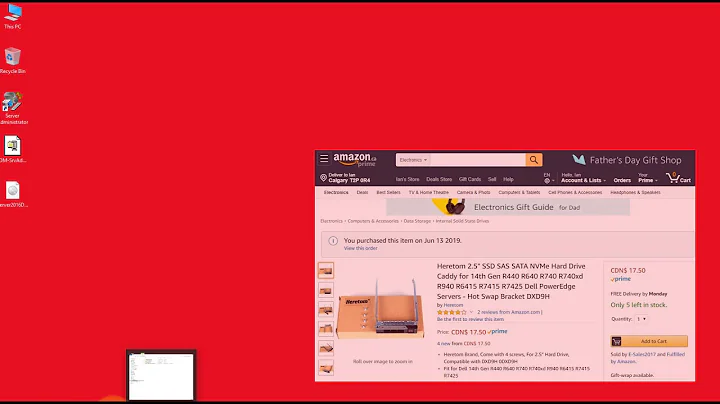RAID 1 using Dell PERC H330, with no cache and no battery
You are right saying that controller does not have memory cache nor battery. But the only thing that happens when you do not have those components is the controller works with the "Pass-Through" writing policy. It is to say, when the Operating System send a write request to the controller, it writes that request directly to the back-end disks, in this case, to both disks cause you are using RAID1 configuration.
If you had memory cache the controller would be able to use it in two ways: for read caching or write caching. For read caching, you do not have to care about having battery or not, because you won´t ever have dirty data in cache, cause it is a READ.
In the case the cache is also used for writing cache, the controller works with the "write-back" writing policy. It is to say, when the Operating System sends a write request to the controller, it writes that request to the cache memory, and afterwards, when it is able to do it, it flushes the memory content (the dirty data or pages) to the back-end disks. This procedure speeds up the system writing performance. In this case is very important to have battery in case of electrical outage, because without battery, all the dirty data that is in the cache memory is lost. BUT...the controller are smart enough to disable the "write-back" policy in case the battery does not work properly or it does not have enough charge.
So, the bottom line is. If the controller does not have cache memory, so it does not need battery (it could not use it for anything). There won´t be any data corruption because in that kind of systems there is not dirty data in memory without being written to disks (because there is not any memory to allocate that data!!!).
With cache memory, if it is used only for reading requests, it neither need battery, because there is no dirty data in memory without being written to the back-end disk, because dirty data only exists when the cache is used for write requests.
If the cache is used for writing requests, you should have battery working properly to maintain the dirty data which have not been flushed to the back-end disk in the case of electrical outage. But if battery is not OK, the controller will deactivate the cache for writing and will use it only for reading.
I hope I could help you.
Guido.
Related videos on Youtube
Alexandru
Updated on September 18, 2022Comments
-
Alexandru over 1 year
We recently leased a dedicated server and found out that the server (Dell PowerEdge R230) has a Dell PERC H330 RAID controller. As we searched Dell's website, we found out that this controller does not have Cache Memory, does not have Write Back Cache and does not have Battery
We intend to use this RAID controller for a RAID 1 (mirrored) configuration using 2 SATA hard disks.
Our main concern is that because Dell PERC H330 RAID controller does not have battery and cache this may be an issue regarding data safety and a risk factor for data corruption and data integrity problems.
Also, for increased safety and lesser risks, it is recommended to upgrade to Dell PERC H710 or Dell PERC H330 would be fine? Dell PERC 710 has Cache Memory 512MB NV and Flash Backed Cache for Write Back Cache.
Is the missing cache also an issue when rebuilding one drive due to one drive failure?
-
 Admin about 7 yearsit is always a balance between money and features, but for this config I would worry more about an UPS (and thus no need for a battery backed cache on a RAID card) than on the RAID cards setup. Now if performance is an issue things might be different.
Admin about 7 yearsit is always a balance between money and features, but for this config I would worry more about an UPS (and thus no need for a battery backed cache on a RAID card) than on the RAID cards setup. Now if performance is an issue things might be different. -
 Admin about 7 yearsif the server is "in-house" (leased and is physically accessible by you/your team) then buy a UPS for up to a few hundred pounds. If your dedicated server is leased through, say, a data centre, then enquire with them as to why they haven't got UPS for their customers and/or if they provide them at additional cost. A UPS gives your server enough time to finish tasks and perform a normal shutdown rather than a sudden power loss and the small RAID battery only being able to flush its cache to disk but leave the OS in a potentially worse situation.
Admin about 7 yearsif the server is "in-house" (leased and is physically accessible by you/your team) then buy a UPS for up to a few hundred pounds. If your dedicated server is leased through, say, a data centre, then enquire with them as to why they haven't got UPS for their customers and/or if they provide them at additional cost. A UPS gives your server enough time to finish tasks and perform a normal shutdown rather than a sudden power loss and the small RAID battery only being able to flush its cache to disk but leave the OS in a potentially worse situation. -
 Admin about 7 yearsThe server is in the datacenter, but we don't have physical access to it. The server has UPS that is backed up nu diesel power generator. So electricity may be a problem only if there is a power supply failure (server has only one power source).
Admin about 7 yearsThe server is in the datacenter, but we don't have physical access to it. The server has UPS that is backed up nu diesel power generator. So electricity may be a problem only if there is a power supply failure (server has only one power source).





